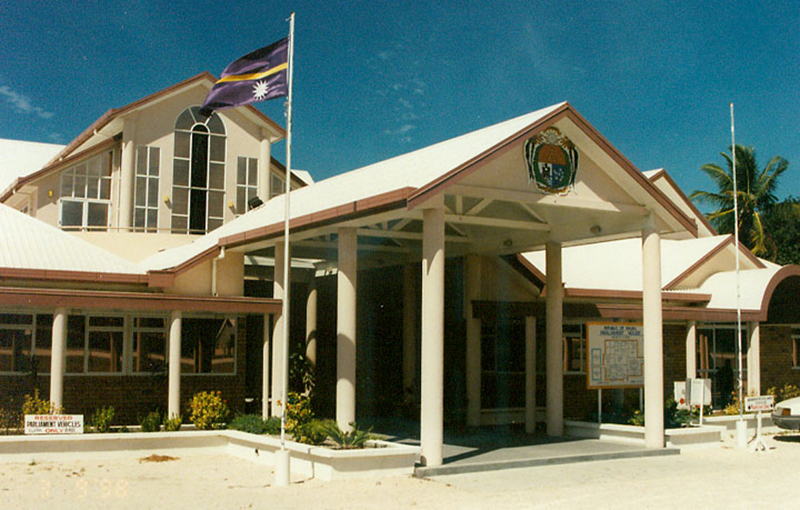Nauru cuts all diplomatic ties with Taiwan in favour of China just a day after Lai Ching-te was elected as new president

Taiwan lost a diplomatic ally after the Pacific Island nation of Nauru on Monday (January 15, 2024) announced it was severing diplomatic relations with the region.
Taiwan Foreign Ministry also confirmed the development and said in a statement: "The government of the Republic of China (Taiwan) has learned that the Republic of Nauru, a diplomatic ally in the Pacific, will be terminating diplomatic relations with Taiwan on the grounds of United Nations General Assembly Resolution 2758 and the 'one China principle'."
Taiwan said it has decided to terminate diplomatic relations with Nauru with immediate effect in order to safeguard its national sovereignty and dignity.
Taiwan said it has decided to end all bilateral cooperation projects, recall staff of its embassy and Technical Mission in Nauru, and even demand the nation to shut down its embassy in the region.
Claiming Beijing's role in the incident, the foreign ministry said: "China has long made efforts to approach prominent political figures in Nauru, offering economic assistance as incentive to persuade Nauru to switch diplomatic recognition."
Taiwan poll
severs diplomatic ties with Taiwan just days after Lai Ching-te, candidate of the ruling Democratic Progressive Party's (DPP), won the Taiwan election held on Saturday, January 13.
China's reaction
Maintaining its longstanding stance, China said on Saturday "reunification" with Taiwan was still "inevitable" after president-elect Lai Ching-te won the critical election on the self-ruled island, AFP reported.
The election "will not impede the inevitable trend of China's reunification", Beijing's Taiwan Affairs Office spokesperson Chen Binhua said in a statement published by state news agency Xinhua.
The spokesperson was quoted as saying that the vote "will not change the basic landscape and development trend of cross-Strait relations". He said Beijing "firmly oppose(s) the separatist activities aimed at 'Taiwan independence' as well as foreign interference".
Chen Binhua asserted that the results did not “represent mainstream public opinion on the island" of 23 million people.



